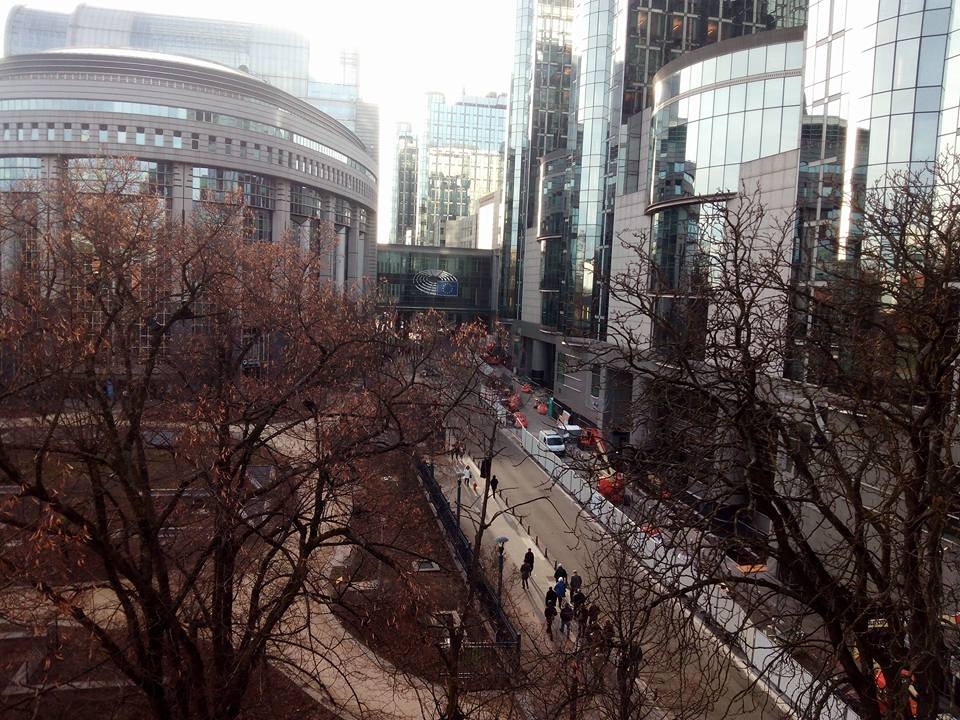It was 2016, an unusual cloudy winter morning, around 8 am.
I had already spent precious time in the traffic due to one of the recurrent demonstrations in Brussels, this one about the (in)famous CETA, waiting on the European Parliament’s security check queue, along with two colleagues, Jan, a former high school teacher turned into young policy analyst from Czech Republic and Chen Wenda, member of the International Department of the Chinese Communist Party.
While rubbing my eyes after a late night research, I was getting a bit anxious wondering how much more we would have to wait. As the minutes went by, I started feeling worried about being late for a meeting with to Mr. David Martin, Member of the European Parliament (EP) and S&D coordinator on the International Trade Affairs Committee (INTA).
But, out of the blue, a thought came into my mind. I’ve dreamed so many times and use it as source of motivation, and there I was, actually living it the “Brussels’ bubble” experience. The European Parliament was my workplace! I’ve been granted lifetime opportunity, the privilege to see in the first raw how high-level policy-makers conduct the European decision-making process, and having the chance to interact with them.
A feeling of warmth and relax took over my body and I just could not avoid to smile and feel proud of that achievement.




